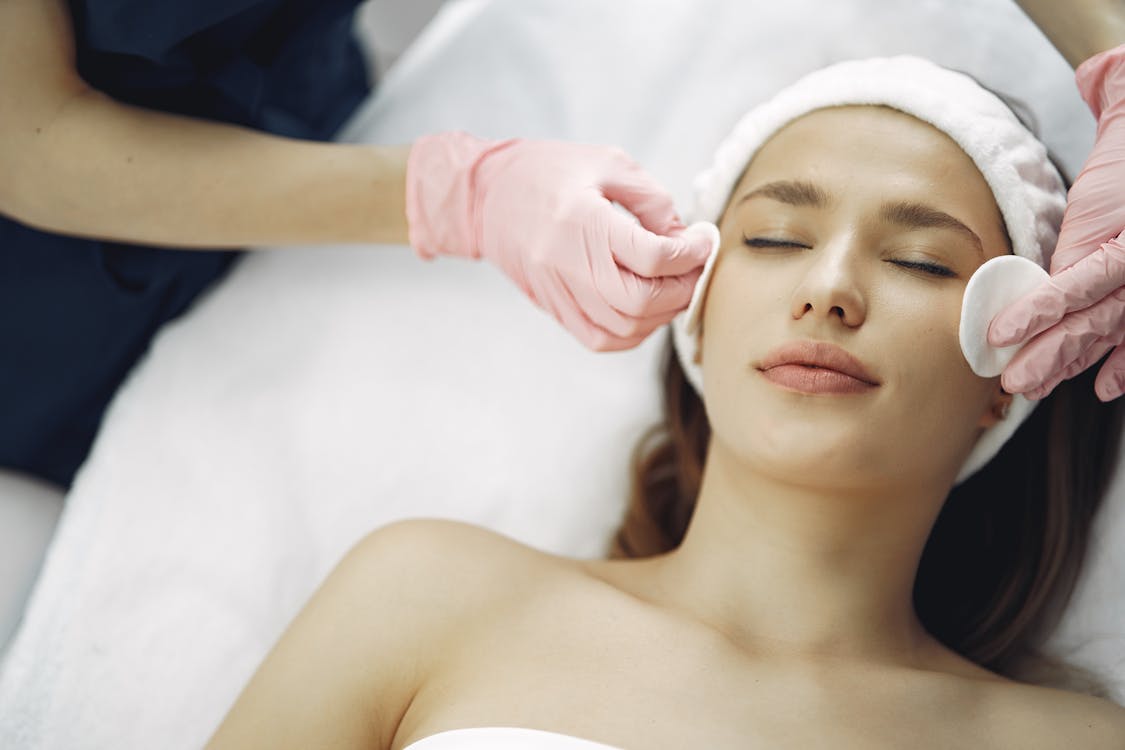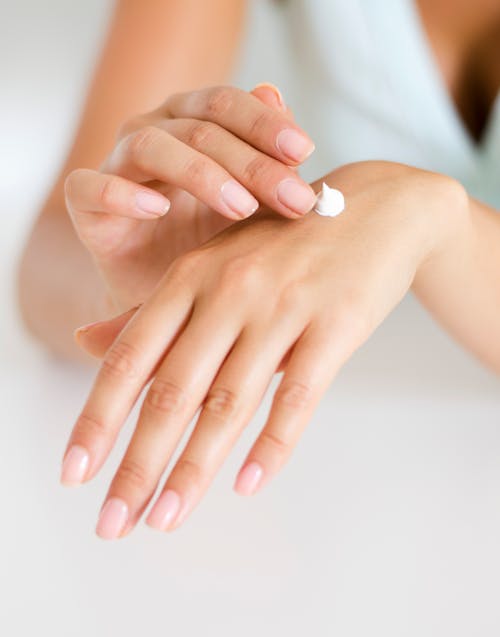The difference between oily and dry skin
The difference between oily and dry skin .. Skin types are different in general due to the presence of many reasons such as the difference in genetics, places of residence, and so on.
So, today in this article we will talk about the causes and remedies of both dry and oily skin.
Oily skin is the most acne prone skin with open pores, shiny skin, and pimples. Oily skin is affected by hormones because the hormones affect oil production.
Therefore, it is considered that any change in the level of hormones can affect the complexion. Skin also contains a certain percentage of oil known as sebum, as the sebaceous glands under the pores produce this oil to help maintain skin moisture.
The sebaceous glands in this type of skin produce a lot of oil, and pimples are more likely because the sebum mixes with dead skin cells and then gets stuck in the pores.

Dry skin is a type of skin that is simply scaly, itchy, cracked, and a lack of water in the surface of the skin.
Dry skin can also result from exposure to dry weather conditions, hot water, and certain chemicals. Dry skin can result from the side effects of some medications as well as a byproduct of some skin diseases.
any part of the body such as the hand, arm and leg. Older people are usually more likely to have dry skin, due to the lack of protein in the skin. Lifestyle changes and moisturizers can help treat dry skin.
Find out more on Htrashat website: Are succulent plants Poisonous to cats?
Causes of oily skin
Genetic problems:
Oily skin appears greatly among children if the skin of one of the parents is oily, and a person may also
become infected with overactive sebaceous glands due to genetic problems.
Aging:
The skin produces less fat with age, as the skin loses protein such as collagen, and the sebaceous glands produce a small amount of fat. One of the most important benefits of oily skin is the lack of signs of aging quickly.
Where and when to stay:
People who live in hot and humid climates have more oily skin than people who live in cold regions.
Enlarged pores:
Enlarged pores can occur due to aging and changes in weight, and larger pores produce more oil.
Use of skin care products:
Oily skin can appear as a result of using the wrong skin care products and not suitable for skin type.
Exaggeration in the daily skin care routine:
Frequent face washing with the use of some cosmetic materials can lead to the appearance of oily skin.
Also, not using sunscreen can dry out the skin, which leads to increased sebum production.
Oily skin treatment
Washing the face with warm water and a non-fragrant soap helps reduce the amount of oil from the skin.
Avoid loofahs and rough pads, as too much friction with the skin can support the skin to produce too much oil.
Use facial cleansers made with sodium and carboxylate products.
Glycerin soap that does not contain perfume is a popular treatment for oily skin.
Use blotting paper, which is an absorbent paper use
d to draw and absorb oil from the skin.
Use a face mask that contains some types of minerals such as smectite or bentonite, as these minerals
absorb oils and reduce skin shine and sebum level without irritating the skin.
Causes of dry skin

Genetics
Old age or hormonal changes
.Weather factors such as wind, sun, or hail
Excessive exposure to ultraviolet rays
Cold temperatures and low humidity during the winter season
when using central heaters
Internal heating and reduced body moisture
Bathing in hot water, because the evaporation of water after showering leads to dry skin
Some components of soaps, cosmetics or detergents, as increased use of soap can lead to increased dryness of the skin, because soap is an emulsion that removes oils from the skin
Incorrectly using moisturizers or choosing the wrong moisturizer for your skin type
Different types of clothing can affect the skin, as some materials such as wool or synthetic fibers tend to irritate the skin and increase dry skin
Side effects of some medicines that are used to treat high blood pressure, high cholesterol, allergies, and acne medicines
Conditions such as psoriasis and diabetes can dry out the skin
Excessive use of antiseptics and alcohol
People with certain thyroid diseases are more likely to develop dry skin
Dry skin treatment
Take a short shower of less than 10 minutes (and not more than once a day)
Use moisturizing soap and avoid deodorant soaps
Use a moisturizer right after you shower
Use ointments such as hydrocortisone cream, pramoson, triamcinolone cream, and fluocinonide cream, and these creams should only be used on the face, underarms and groin areas. Heavy use can cause dangerous side effects, such as thinning skin, stretch marks and breakage
Antihistamines such as diphenhydramine, hydroxyzine, and cetirizine can relieve the general itching of dry skin.
Use moisturizer throughout the day and the moisturizer should contain Vaseline, so that the inside temperature does not rise too much
Wear gloves when using cleaning supplies, chemical solvents, or household cleaners
Avoid using very hot water for bathing
Dry the wet skin with a soft towel and avoid rubbing it
Avoid scratching or rubbing the dry patches of skin
Drink a lot of water
Avoid woolen clothes
Use cotton and natural fibers
Lotions containing grape seed oil and antioxidants can help treat dry skin, as they trap water in the skin.
Dermatitis can worsen if left untreated, and early treatment helps you feel comfortable.It also reduces the risk of complications such as open wounds from scratching, skin infections, secondary bacterial infections, cellulitis and skin discoloration.


Post a Comment